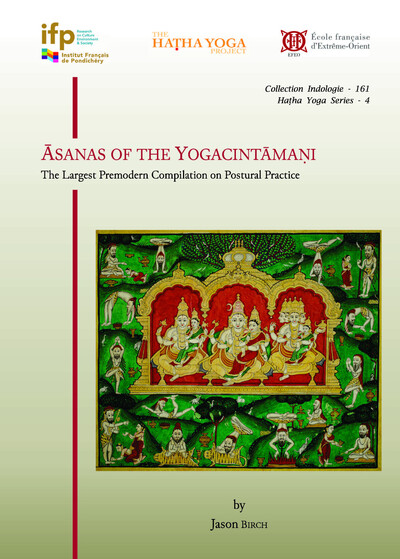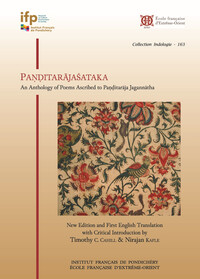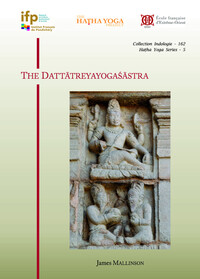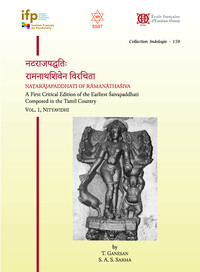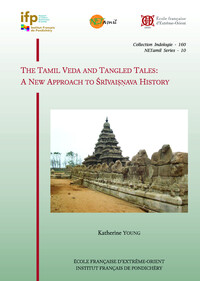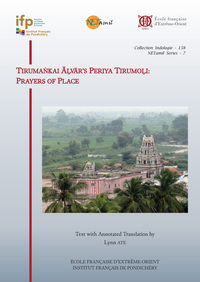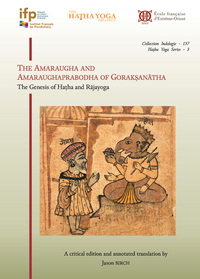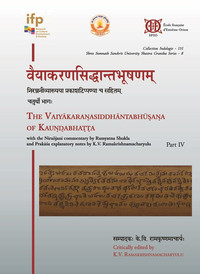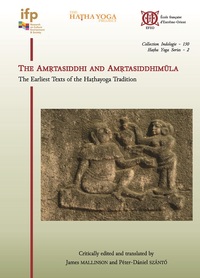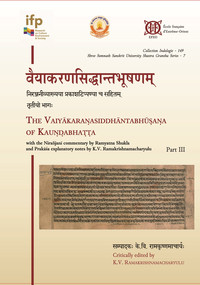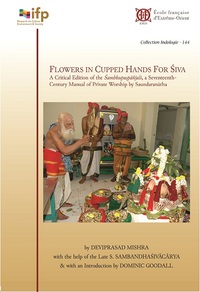Nous utilisons des cookies pour améliorer votre expérience. Pour nous conformer à la nouvelle directive sur la vie privée, nous devons demander votre consentement à l’utilisation de ces cookies. En savoir plus.
Asanas of the Yogacintamani
Efeo - EAN : 9782855392950
Édition papier
EAN : 9782855392950
Paru le : 19 août 2024
22,00 €
20,85 €
Disponible
Pour connaître votre prix et commander, identifiez-vous
Notre engagement qualité
-
 Livraison gratuite
Livraison gratuite
en France sans minimum
de commande -
 Manquants maintenus
Manquants maintenus
en commande
automatiquement -
 Un interlocuteur
Un interlocuteur
unique pour toutes
vos commandes -
 Toutes les licences
Toutes les licences
numériques du marché
au tarif éditeur -
 Assistance téléphonique
Assistance téléphonique
personalisée sur le
numérique -
 Service client
Service client
Du Lundi au vendredi
de 9h à 18h
- EAN13 : 9782855392950
- Réf. éditeur : CI 161
- Collection : COLL. INDOLOGIE
- Editeur : Efeo
- Date Parution : 19 août 2024
- Disponibilite : Disponible
- Barème de remise : NS
- Nombre de pages : 264
- Format : H:240 mm L:170 mm E:17 mm
- Poids : 470gr
- Résumé : Writing in Varanasi in the sixteenth century, when the Mughal empire was at the height of its power, the monk Sivanandasarasvati composed an extensive Sanskrit compendium on yoga entitled “The Wish-fulfilling Gem of Yoga” (Yogacintamani). Sivananda was an initiate of a sannyasin lineage descending from the great philosopher Sankaracarya (fl. ca. 800). Sivananda was among the first to combine Patanjalayoga with Hatha and Rajayoga. In the seventeenth century, an anonymous redactor used Sivananda’s work to create a unique compilation of yoga postures (asana), many of which are not found in other yoga texts. Arguably the largest surviving pre-modern compilation of its kind, it includes six postures that the redactor attributed to Mohan of Mewar, who was a disciple of Dadu and a practitioner of Hathayoga and breath prognostication (svarodaya). These postures were part of a collection that was appropriated and repurposed by Sufis, translated into Persian and illustrated for a royal treatise commissioned by Prince Salim, the future Mughal emperor Jahangir (r. 1605–1627 ce). This book presents this unique compilation,transmitted to us in a manuscript written in the redactor’s own handwriting.

